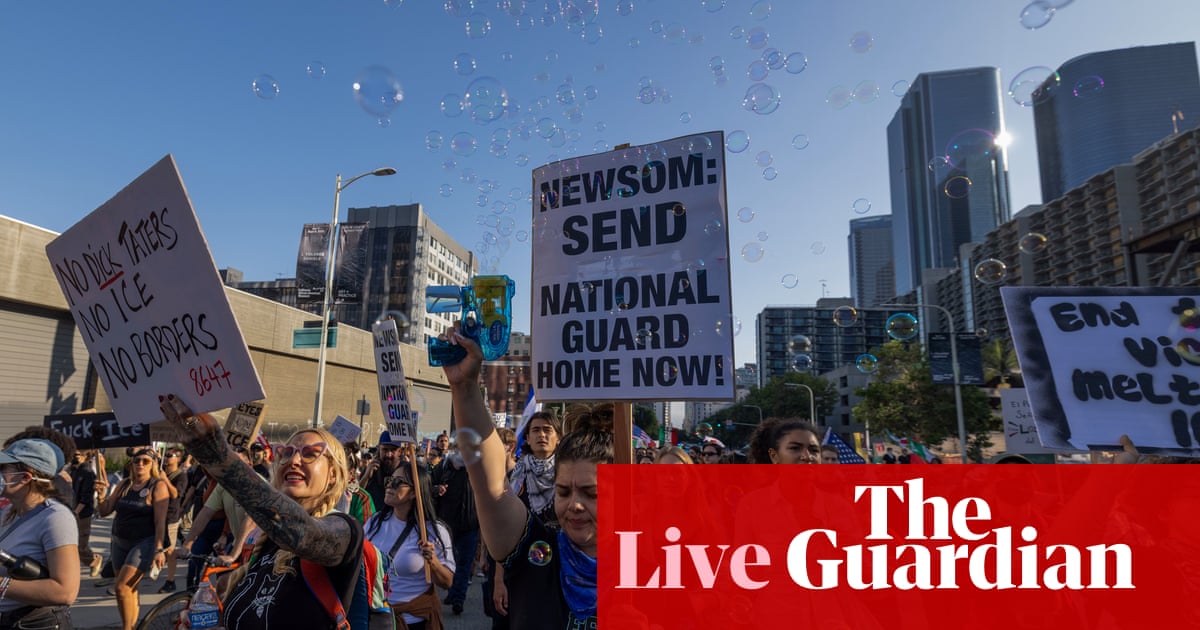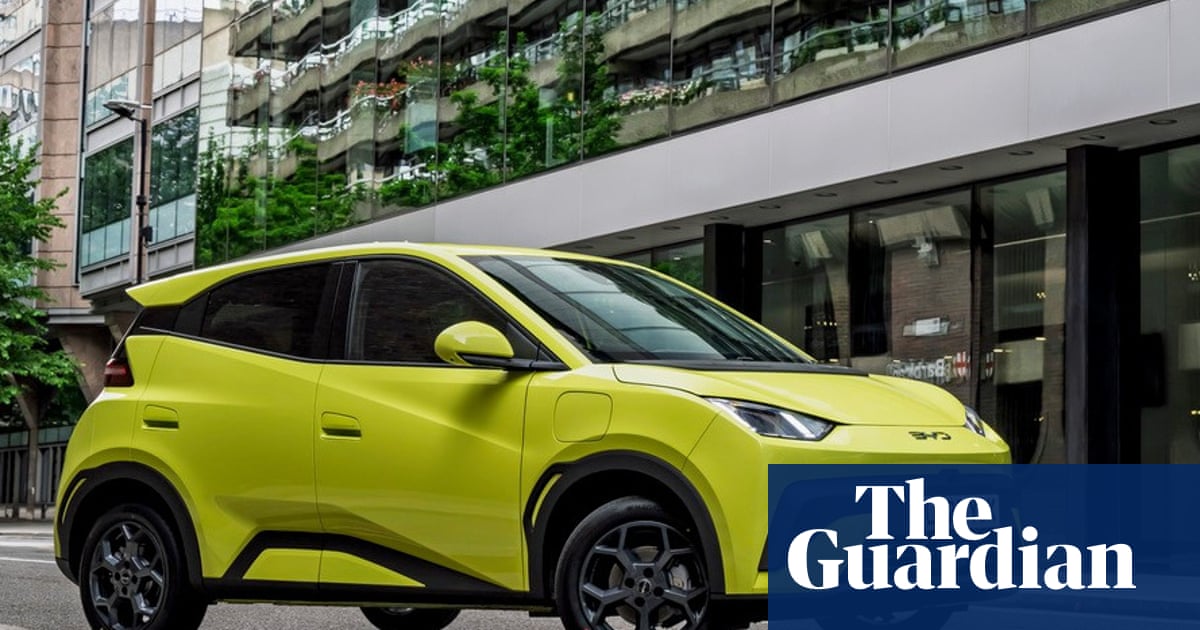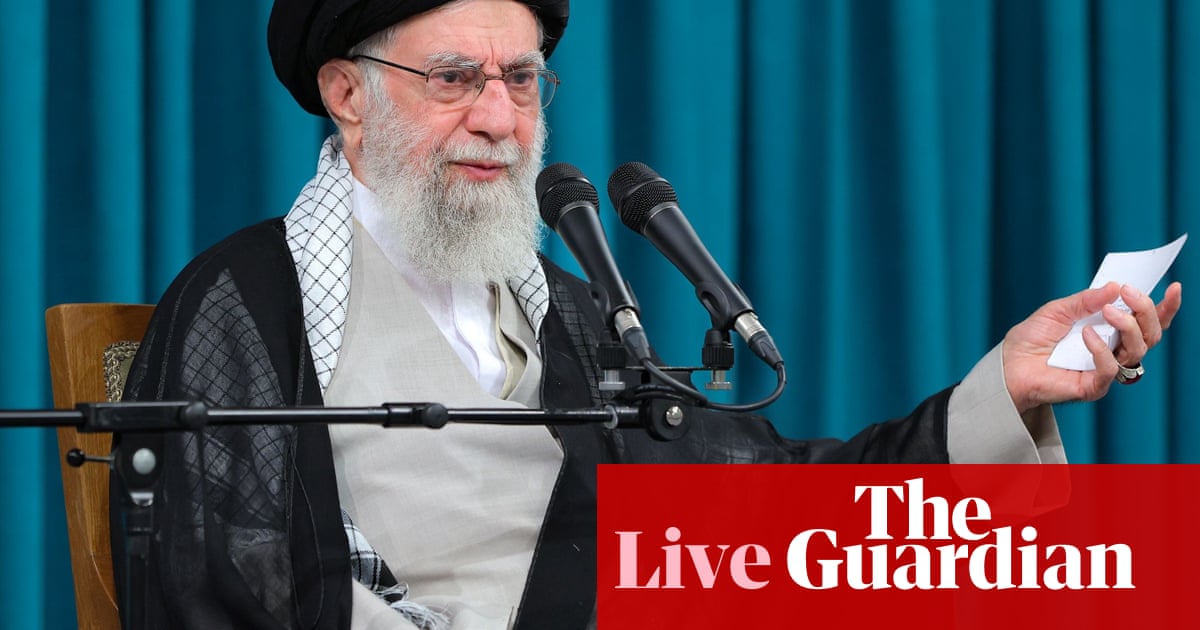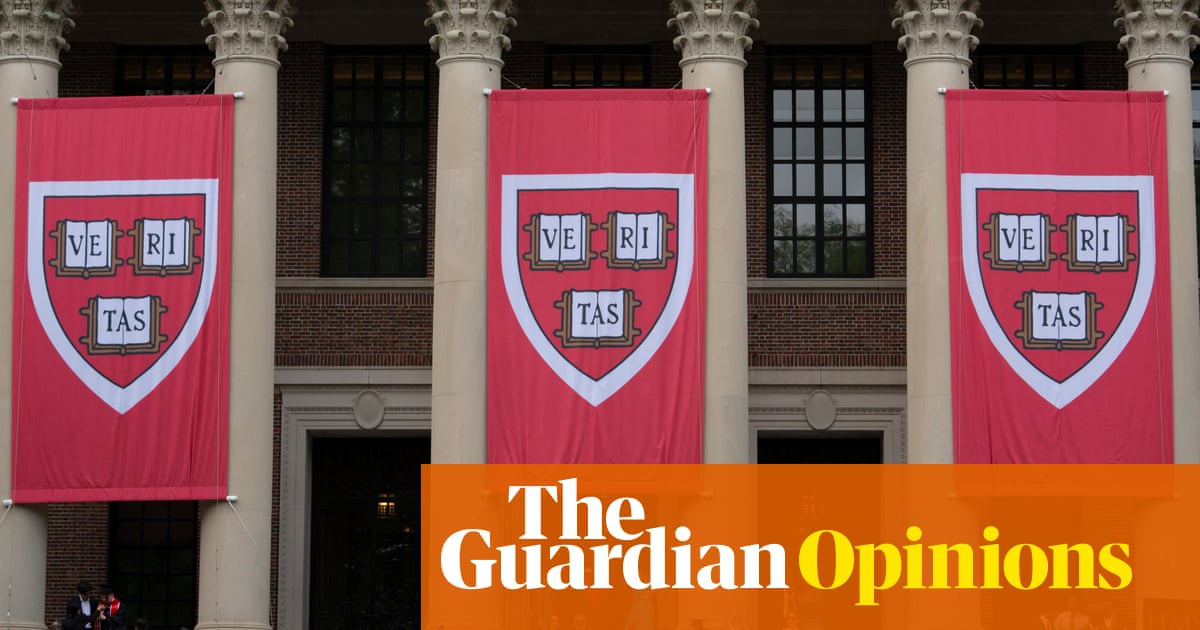The prime minister may pretend to “like and respect” Donald Trump, but elsewhere in parliament anti-Americanism is running hot. In a Lords debate on obesity last week, Labour’s Lord Brooke suggested imposing 25% tariffs on “American products which are causing us difficulties – Coca-Cola, Pepsi, KFC, McDonald’s”. The government replied that the US is an “indispensable ally”. That craven attitude may be politic today – right until it fails tomorrow.
The outlook for Britain and other countries is bleak. Wednesday is “liberation day”, when Trump’s tariffs will hit a range of goods likely to send global economies tumbling. There is near-zero expectation that Britain’s genuflections will save us from the same punishment as the rest. As for Trump demanding no VAT on US imports to the UK, that’s extorting with menaces a benefit denied to our own producers. Even if kissing the boot did appease, how cheap do we sell national dignity?
As this hurricane rages across the Atlantic, the Brexit reset is gathering speed and public support at home, and not just because the Office for Budget Responsibility warned again last week that Brexit is losing us an alarming 15% in EU trade. Before the crucial 19 May EU-UK summit, the signs are good that “the coalition of the willing” is a spirit that flows beyond armies and weapons to trade and youth mobility. Europe rearming doesn’t presage any actual confrontation with Russian armies on the ground, but the symbolism fosters a united front against rogue states to our east and west. Europeans are standing together as guardians of liberal democratic values, as Trump’s McCarthyism-on-speed intimidates institutions, rewrites history and rips up universal principles that value universities, the arts and museums.
Look how Trump’s political threats reach all the way into Europe. A letter sent from US embassies in Europe last week ordered foreign companies and organisations with US contracts or links to obey Trump’s executive order to “certify that they do not operate any programs promoting DEI” (diversity, equity and inclusion). The French foreign trade ministry replied brusquely to that abusive letter: “France and Europe will defend their companies, their consumers and their values.” But many companies are already quietly silencing their environmental, social and governance or DEI schemes for fear of him. The advertising giant WPP is one that has quietly dropped reference to “DE&I” from its annual report. Nature reports that 75% of US scientists are considering leaving the country as research programmes are axed, fearing the loss of their data and their work. Right across Europe, approval of America is falling. Scientists may not be “huddled masses”, but the land of the free is now this side of the ocean. Though this trust in Europe as freedom’s bastion depends on Europeans not succumbing to sirens of its far-right movements.
In Britain the tariffs will land in a harsh week when employers’ national insurance contributions increase, alongside a 5% rise in council tax in most places – though a welcome jump in the minimum wage gives 3.5 million people a well above inflation boost. But Labour supporters are left stricken by that gut-wrenching £5bn cut landing on disabled households. It is only a fraction of the £36bn that Tom Waters of the IFS tells me the Tories cut in all from working age benefits as they plunged 700,000 more children below the poverty line, but that’s almost beside the point. The shock is that a Labour government, a Labour government, would do this. That’s bad timing. As the country and Europe face up to the civilisational threat of naked US thuggery, the values of social justice need defending.
As Keir Starmer finds a confident footing in asserting united European principles, Labour needs to rethink its trajectory at home. There the party sits with a stupendous majority, unlikely to be seen again, masters of all it surveys. So long as it doesn’t crash the economy, it has nothing to fear but fear itself. Whatever it does, the old enemy will abuse it. The Telegraph is running out of absurd hyperbole – abyss, Armageddon, apocalypse – to describe “the worst government at the most dangerous possible time”. There’s little to fear from the Tories. Kemi Badenoch’s search for meaning alights unerringly on the wrong side of public opinion: opposing net zero ambitions, praising a flat tax or thinking she’s friends with JD Vance. Fear Nigel Farage? He may have already taken all available Labour voters. The greater risk is losing the disappointed to the Liberal Democrats and the Greens. Yet Labour seems too frit to use its untrammelled power.
As Trumpism reminds us all that democratic values are in peril, Labour must make urgent repairs in the UK. Speed up genuine reform of the risible Lords. Bring in electoral reform before the system that delivered Labour the least democratic result in history – 63% of seats from just 34% of the votes – does the same or worse for some worse party: that has public support. Workers’ rights are a good flagship policy, tilting the balance back from gig economy exploitation: there must be no giving in to intensive lobbying from business. Revise anti-protest laws reminiscent of the Tolpuddle martyr era. If Europe is the refuge of freedoms hard-won over the decades, then all countries need to guard against any slippage into Trumpism.
Use this exceptional majority to set right a crooked tax system. Unjust council tax has been too politically toxic to touch, leaving Buckingham Palace paying less than a semi in Blackburn. Rebalancing council tax would cut it for 70% of people and raise it only for the best-off 30%. Fix those hundreds of tax reliefs, worth billions, which the National Audit Office found completely uncosted or unchecked for their usefulness. Britain still taxes and spends less than our neighbours. Be brave and issue defence bonds or a levy now, when it’s plain that defence money is needed, as well as funding for social care, the NHS, schools and children. There must be no capitulating to Trump on the digital service tax that charges the likes of X, Apple, Meta and Amazon a fair tax on UK profits: that would make Britain lose face as well as money. The public mood is well illustrated by a Lib Dem poster I saw. It shows Elon Musk – “Cutting taxes for him?” – and a schoolchild – “Cutting lunch for her?”
“Change”, Labour promised. All these fixes require Labour to change itself, and to cast aside fear and political strangulation imposed from the top. Labour has little to lose. In these days of deep political mistrust, doing what’s necessary, popular or not, would strike a stronger political note. As Starmer takes Britain into a new closeness with Europe for security and protection, asserting our mutual liberal values is the prime defence against assault from across the Atlantic.
-
Polly Toynbee is a Guardian columnist

.png) 2 months ago
45
2 months ago
45

















































